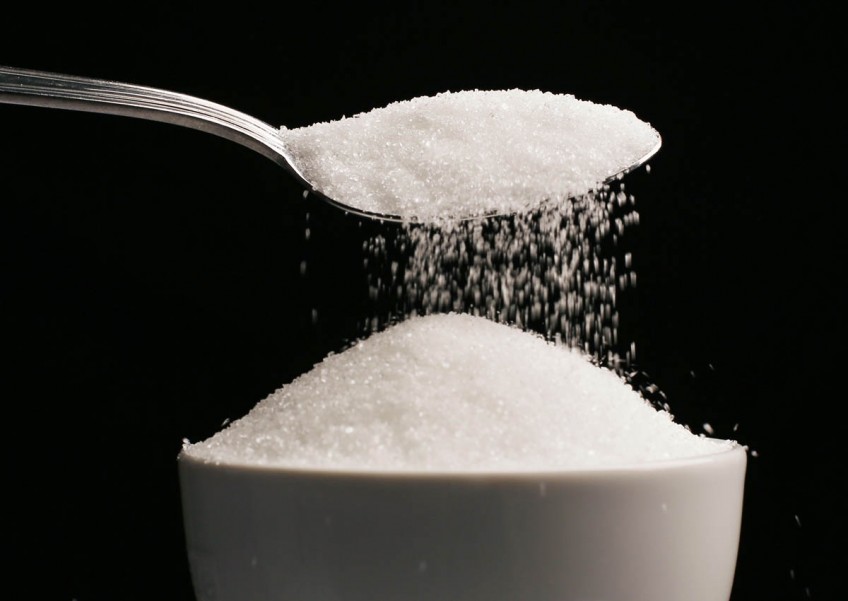Brown sugar better than white? Four myths debunked

Plain sugar is seen as unhealthy, which is why some people substitute white sugar with brown sugar, thinking that it is a better choice.
Others believe that natural sweeteners like honey and maple syrup are healthier than white sugar.
The Health Promotion Board debunks four common myths and offers tips on how to lower your sugar intake.
MYTH 1
It is healthier to bake cake with brown sugar than with refined white sugar. Fact: Not quite. Brown sugar seems like a healthier option as it contains additional minerals such as magnesium, potassium, calcium and iron.
However, the difference made by these minerals is minuscule.
Both types of sugar contain the same amount of calories.
So, while brown sugar enhances the taste of baked products and gives them a nice, caramelised sheen, it is not a healthier option.
Eat cakes in moderation.
MYTH 2
Adding honey to my drink is better than adding plain sugar. Fact: Yes, to an extent.
Honey is a natural source that is sold either raw or pasteurised. Its antioxidant and antimicrobial properties, which are not present in table sugar, are well documented.
However, it is still sugar and has a similar calorie content as plain sugar. Honey should thus be consumed in moderation.
Reduce the sugar or honey you are adding to your hot beverages by half.
For a lower calorie and lower sugar option, go for natural maple syrup. It has about 25 per cent less (natural) sugar than honey and refined white sugar.
If you want a zero-calorie option, add sweeteners or dried stevia leaves to your drink instead.
MYTH 3
Drinking a glass of fruit juice is better than drinking a can of soda. Fact: Yes, but it isn't better by a great margin.
While fruit juices contain more nutrients than soda, they may still contain a substantial amount of sugar.
A can of soda may contain seven teaspoons of sugar while a packaged fruit juice drink has 61/2 teaspoons.
A glass of fresh fruit juice can contain five teaspoons of sugar in comparison. You should have no more than one glass of fruit juice per day.
MYTH 4
Drinking fresh fruit juice is as good as eating fresh fruit. Fact: No. It is better to eat whole fruit as you will get more vitamins, minerals and fibre.
Aim to have at least half a plate of fruit and vegetables at every meal.
If cutting up a whole papaya or watermelon is too much trouble, go for smaller fruits like pears, apples or plums that can be eaten with their skin.
These will give you an extra shot of dietary fibre, which could help to lower blood sugar and cholesterol levels.
Watch sugar intake
As a rough guide, added sugar (during manufacturing or cooking) should not constitute more than 10 per cent of your dietary energy.
This works out to 40g to 55g (eight to 11 teaspoons) of sugar intake a day.
Daily recommended sugar limit by age group
6 to 12 months: 5 tsp (25g)
1 to 2 years: 7 tsp (35g)
3 to 6 years: 9 tsp (45g)
7 to 18 years: 11 tsp (55g)
Above 18 years: 11 tsp (55g)
• Source: Health Promotion Board

This article was first published on Jan 17, 2017.
Get a copy of The Straits Times or go to straitstimes.com for more stories.